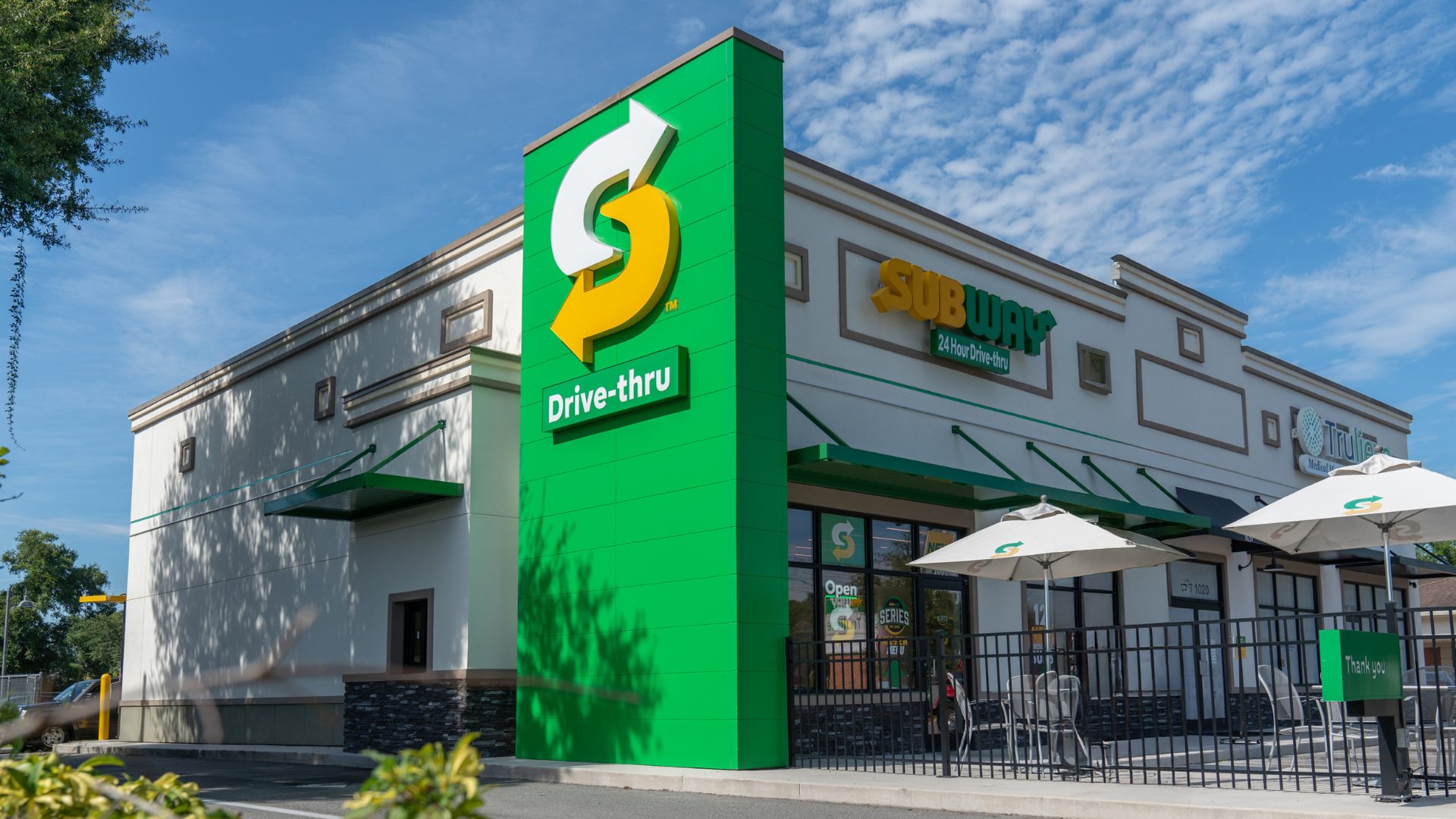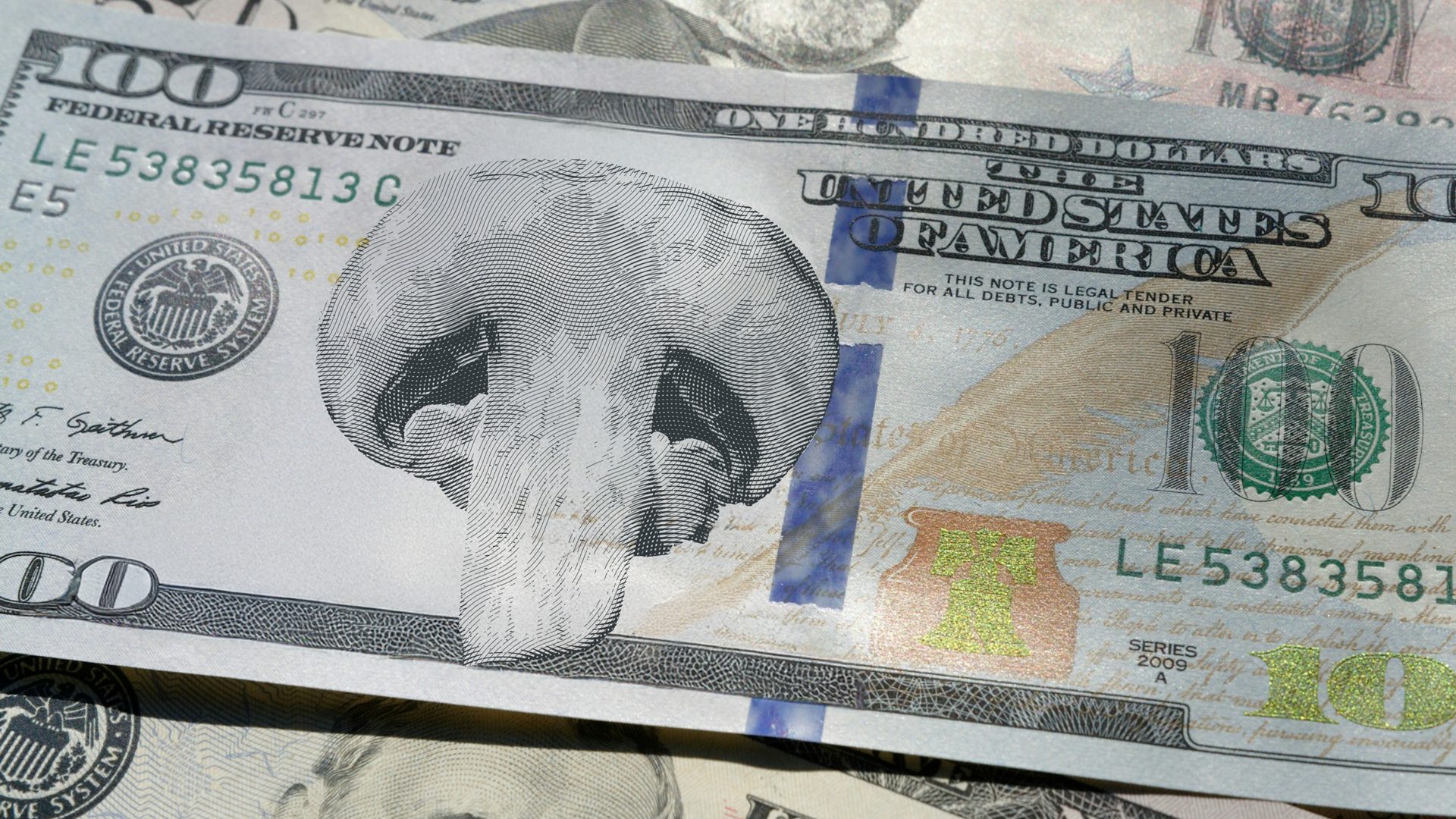A new rule could boost blockchain-based food tracking.
The rule, expected next November, would require the food industry to maintain records associated with the critical tracking events on the supply chain, according to Frank Yiannas, deputy commissioner for food policy and response at FDA, as reported by The Wall Street Journal (Feb. 1).
Events include growing, receiving, transforming, creating and shipping food products.
The Food Safety Modernization Act Proposed Rule for Food Traceability wouldn’t require companies to maintain electronic records. However, it is believed many would employ digital systems including blockchain to comply, Yiannas explained.
HOW IS BLOCKCHAIN USED IN FOOD?
Blockchain is the distributed ledger technology supporting bitcoin and other cryptocurrencies. It is a decentralized technology spread across many computers that manages and records transactions.
“Blockchain creates a world that is more connected with our data and transaction,” said Jimmy Nguyen, founding president of the Bitcoin Association, during a 2020 Food Institute webinar titled Blockchain for the Food Industry.
“For the food and beverage industry this opens up a whole world of opportunity,” he said. “It means you can create applications that allow better traceability on food and beverage items including to document source of origin…as well as achieving sustainability goals.”
Other industry use cases include:
- Better inventory tracking
- Combating counterfeits and fraud
- Providing more detailed information to consumers about ingredients
- Better rewards and loyalty programs
- Easier auditing and reporting
FOOD COMPANIES USING BLOCKCHAIN
In 2018, Walmart, Nestle, and other major food industry players joined in an effort called Food Trust which uses blockchain technology from IBM. Food Trust aims to improve recalls, quickly identifying the issue and shrinking the time during which consumers are at risk, according to The Wall Street Journal.
About 500 organizations are now part of Food Trust, according to IBM.
Walmart, which first tested the concept in 2017, started using Food Trust to track leafy greens, including romaine lettuce and spinach, eventually adding green bell peppers and other categories and expanded the list of suppliers it tracks from 12 to about 100.
“I think you’re going to see scaling happen at a much higher pace,” Yiannas told the Wall Street Journal. “The pandemic and the lessons learned and the final proposed food traceability rule are going to be a lot of wind in the sails” for distributed ledger technology, he added.










